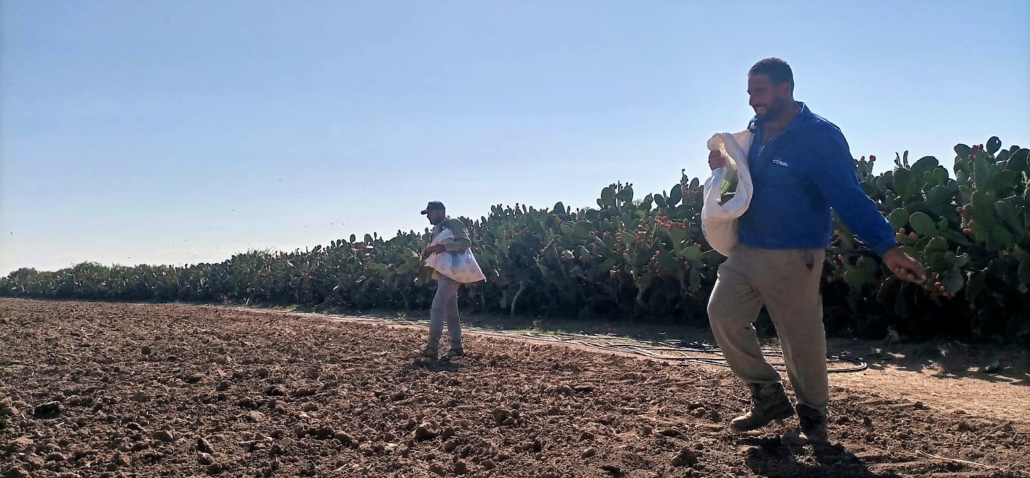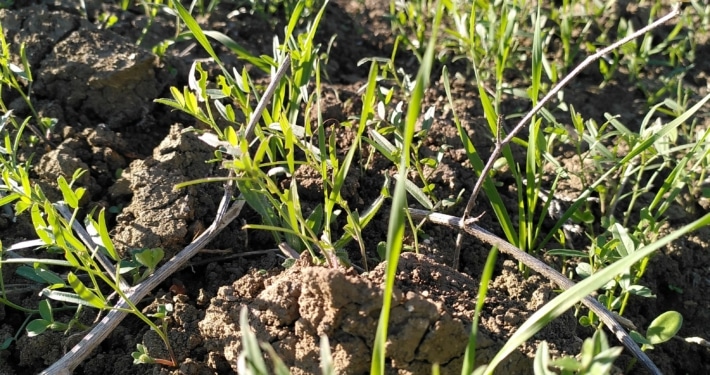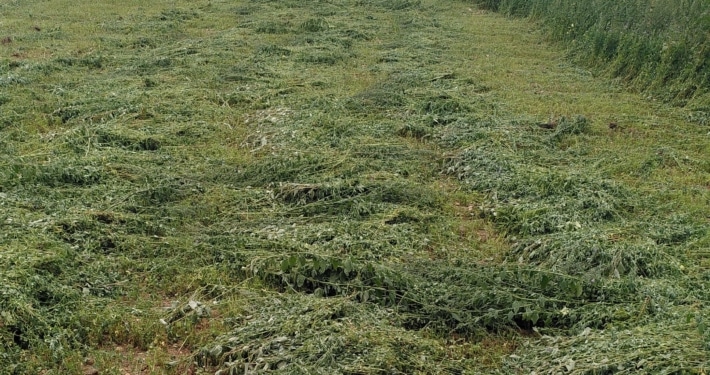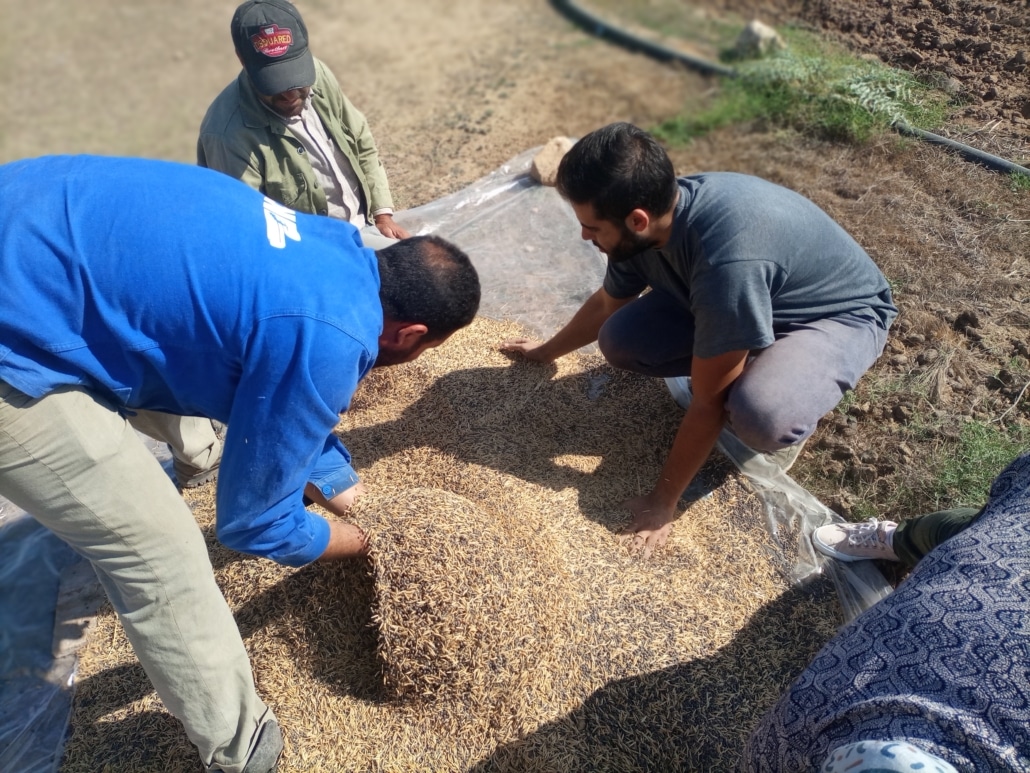Many Tunisian farmers purchase feed concentrates for their livestock, and are therefore partly dependent on imported raw materials. This raises economic, technical and environmental issues. Between shortages, rising or unstable prices and doubts about concentrates quality, ensuring stable, high-quality feed is a real challenge for Tunisian livestock farmers.
Despite sub-humid or arid/semi-arid climatic conditions and different types of livestock farming, with or without rangelands for example, livestock farmers in the North and Centre share the objective of gaining independence in feeding their livestock, of reducing its costs and improving its efficiency.
In addition to improving nutritional values, certain crops may have the advantage of requiring fewer inputs, being more resilient, requiring less water, benefiting soil fertility… With drought so prevalent in Tunisia, water requirements and plant resistance are factors that can have a direct impact on production profitability.
By locally growing fodder, farmers can reduce the amount of feed they buy, cut breeding costs, improve feed quality, and better forecast and manage their stocks. By producing part of their own forage, farmers can therefore optimize the management and productivity of their dairy and suckling farms.
With this in mind, since 2017, sheep breeders from GDAEBN, Fert’s partner organization, have been testing forage associations, i.e. meslin (cereals, legumes, protein crops) in partnership with INRAT (Institut National de Recherche Agronomique de Tunis). Since 2021, Fert has also been supporting sheep and cattle farmers in the Centre (usually members of SMSA Amal) in testing meslin and forage crops.
Who ?
30 GDAEBN farmers and 25 Msaken farmers grow and/or test meslin and other forage crops
What ?
Associations and forage crops tested since 2017
- Vetch-oats
- Vetch-triticale-oat
- Vetch-triticale
- Vetch-barley
- Triticale-lathyrus
- Oat-protein pea
- Triticale-oats-fenugreek
- Gabès alfalfa
- Forage sorghum
Other forage species to be tested in the Centre
- Perennial wheat
- Atriplex
- Cocksfoot
- Panicum
Why ?
In the Center, many farmers buy oat hay from the North, at a price ranging from 14 to 26 TND per bale (€4.25 and €8), whereas producing a bale of vetch-oat can cost less than 10 TND (€3) with a better nutritional value.
In the North, producing a bale of vetch-triticale-oat hay cost an average of 8 TND (€2.5) in 2023; depending on the rations chosen, one hectare of cultivated land can save the farmer 1500 TND (€460) in concentrate feed.
Meslins provide solutions, but challenges remain, including :
- Finding a forage mix suited to soil and climate conditions, seed availability, species complementarity and high nutritional value
- Careful sowing: as seeds differ in weight and size, it is important to ensure an even sowing
- Optimize irrigation when used; this has led some farmers to choose alfalfa rather than meslin
- Mow at the right time
GDAEBN, INRAT and Fert help farmers analyze these various parameters to determine the most advantageous meslin or forage, and optimize their management.
Marc WITTERSHEIM’s support
Since 2021, Marc WITTERSHEIM, Fert member and Dairy Production Advisor – retired from the BTPL, has been supporting Tunisian advisors in the development of livestock advisory services, both remotely and during field missions:
- On technical aspects: herd feeding, meslin, housing, rearing young animals, milk recording, growth recording, etc.
- On methodological aspects: exchange and advice with breeders, group facilitation, organization of advice, etc.

“In both zones, I meet breeders who want to be more autonomous when it comes to buying feed, and who are curious to try out forages with which they are unfamiliar. Changing habits remains a challenge. In the center region, for example, growing forage under olive trees is not always well received, even though it could be a way forward, inspired by agro-forestry. Beyond the production of forage, the objective remains the improvement of animal production, so we still need to work on integrating it into rations. On all these aspects, exchange visits organized by the technical teams are tools to convince and exchange ideas, which is the basis of Fert’s pedagogy.”






